Pre-Investment Considerations: Deep Dive with Climate Investment’s Richard Searle
When it comes to demystifying topics as complex as GHG impact assessment, we cannot create recommendations that reflect the realities of those who do this work day in and day out without bringing together a variety of voices.
One such voice was Climate Investment’s Richard Searle, who was a contributor to Project Frame’s methodology guidance: Pre-Investment Considerations: Diving Deeper into Assessing Future Greenhouse Gas Impact, released in April 2023.
In the following Q&A with Project Frame, Searle talks about the importance of shared standards, why we need to learn to walk before trying to run, and how collaborations like Frame enable field-wide consistency.
What motivated you to contribute to Project Frame's methodology for assessing forward-looking emissions impact?
As someone who came straight out of university into an impact-orientated role, I was a little surprised at the lack of guidance and standards in the space. I know I’m not the only one who has spent more hours than they would like to admit tossing and turning at night with impact dilemmas running through their mind.
I think a project like Frame can be that guidance and set a standard in the industry, so others don’t have to stay awake at night asking themselves [questions like] how to pick the right baseline.
Of the topics covered by the methodology, which did you feel was the most pressing to address and why? How do you feel this work addressed that topic? Are there any questions that remain?
Setting up a simple calculation formula that can be applied to any company or technology was the key for me.
At a high level, [screening for] impact should be easy. It’s up to the analyst or investment fund to decide how detailed and complicated they want to make the details, but the general approach should not differ.
Transparency, accountability, and inclusivity are three of Project Frame's values. How do you feel this work upholds those values?
Everyone got a say; there are no ‘black boxes’ within the methodology. Everything is clear and explained. I think that the work we have done so far upholds these values.
Are there any key takeaways, reflections, or learnings from your experience collaborating on the methodology that you would like to share?
We need to learn how to walk before we can run.
There is a lot of appetite to delve into really complicated topics and issues that may not move the needle on actual quantification. I think we should spend our time giving practical guidance on how to run these calculations and offer help or advice for specific areas before we delve into complicated details.
Looking forward, how would you like to see forward-looking emission impact assessment continue to evolve?
I would love for specific, technology-related guidelines and examples to be released to hold one’s hand when approaching that type of quantification.
Richard leads the GHG impact analysis of Climate Investment’s portfolio and potential investments, including the development of CI’s impact measurement methodology and operationalizing it within the firm’s portfolio companies. Richard holds an MSc. in Climate Change, Management and Finance from Imperial College London and has prior venture capital experience through an internship with a San Francisco-based fund.
Climate Investment is an independently managed specialist investor focused on accelerating capital-efficient decarbonization of heavy-emitting sectors. Operational since 2017, its team of investment and technical experts has built a portfolio of over 35 outstanding technology and business model innovations. Collectively, its portfolio delivered 57 MT CO2e of cumulative greenhouse gas reduction in the period 2019-2022. Climate Investment was founded by member companies of the Oil & Gas Climate Initiative (“OGCI”). They have invested in Climate Investment funds and deployed many of its portfolio innovations, supporting their early commercial development.

